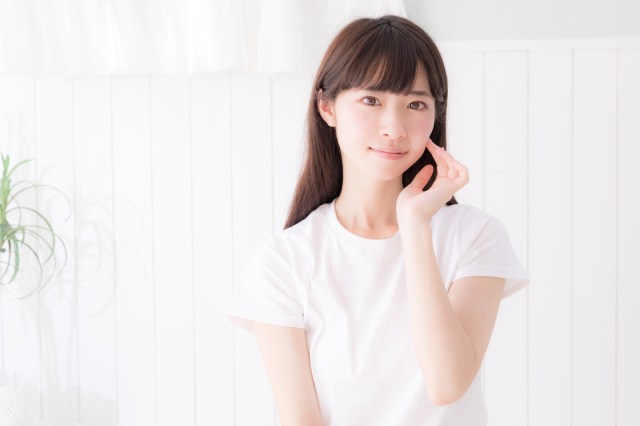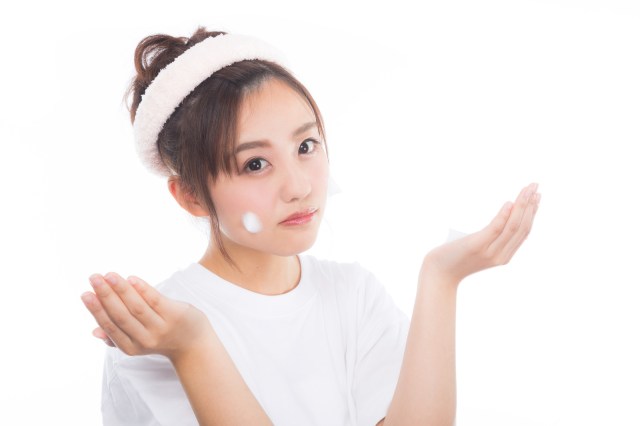
Kao leads the way in eliminating the notion of “white is beautiful” in the skincare industry.
Beauty ideals differ somewhat from country to country, and here in Japan, one of the longstanding trends has been to lighten the skin, using all sorts of products from cleansers through to moisturisers and makeup.
It’s a beauty standard supported by the skincare industry, with the word “whitening” widely used to promote products, but now one leading cosmetics company is working to end this wording, citing concerns surrounding racial inequality as highlighted by the current Black Lives Matter movement.
The word often used to describe whitening in the Japanese skincare industry is “美白” (bihaku), which contains the kanji for beauty (美) and white (白), promulgating the notion that white is beautiful.
While bihaku is still commonly used by beauty brands, Kao is the first to take steps to address the issue by announcing it would no longer be using the word in its new products from March. The company aims to eliminate the word from all its products in several years.

Kao says they didn’t want to send out the message that one type of skin tone is inferior or superior to another, and came to the decision to drop the wording as part of their overall commitment to promoting diversity.
Despite their decision to stop using the problematic wording, “whitening” products are likely to remain popular in Japan as they’re believed to reduce the appearance of freckles and dark spots.
Kao says it will continue to cater to this demand, but instead of using terms like bihaku or “whitening”, they’ve now chosen to adopt the word “brightening“, starting with the new Twany range of products released in mid-March.
トワニー ブライトニングαセラムを手の甲の左半分に塗布してみました。ただなじませただけなのに、分かりやすく違う…!
— TWANY(トワニー)OFFICIAL (@JpTwany) March 23, 2021
肌表面の水面(みなも)のようなきらめきをご覧ください。秘密は、絶妙なバランスで配合したオイル!光の反射と拡散をコントロールして、明るい肌印象を叶えてくれますpic.twitter.com/6sSmp8Hd0d
This change in language comes in the wake of similar moves taken by overseas companies, such as L’Oreal and Unilever. Within Japan, Kao is the first Japanese cosmetics company to stop using the words “whitening” and bihaku, and hopefully other local brands will soon follow their lead.
Kao’s commitment to diversity extends beyond the language used to market their products, as they’re also working to address gender issues, adding extra options of “neither” and “not sure” for responses to gender questions on questionnaires.
The company also says it plans to release a new range of foundations this autumn with 23 shades, roughly twice as many shades as those usually offered, and it’s taking steps to deal with other concerns such as the use of words like “standard” or “normal” for popular shades of foundation.
It’s heartening to see progressive steps like these being taken by a Japanese cosmetics company with a history stretching all the way back to 1887. It just goes to show that age really is just a number, and if they’re able to shake up the beauty world and bring it into the 21st Century by taking a stance against inequality, there’s no reason why others can’t do it too.
Source: Nikkei via Jin
Featured image: Pakutaso
Insert images: Pakutaso
● Want to hear about SoraNews24’s latest articles as soon as they’re published? Follow us on Facebook and Twitter!

No hay comentarios:
Publicar un comentario